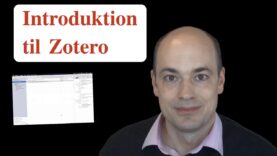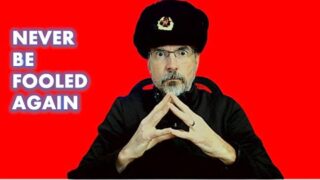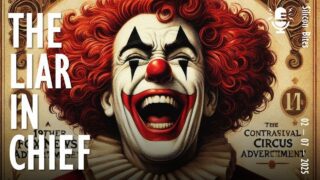Hvorfor har man et søværn?
Video Summary
Cognitive Biases: The Hidden Forces that Shape Our Decisions
Cognitive biases are deeply ingrained mental shortcuts that influence our thoughts, emotions, and behaviors. These biases can lead to flawed conclusions, poor decision-making, and a distorted perception of reality. There are numerous types of cognitive biases, each with its unique characteristics and effects.
The Availability Heuristic bias, for example, occurs when we overestimate the importance of information that is readily available, even if it is not representative of reality. The Framing Effect bias, on the other hand, occurs when the way information is presented influences our decisions, often in unexpected ways.
Cognitive biases can have significant consequences in various aspects of our lives, including business, politics, and personal relationships. Recognizing these biases is the first step to mitigating their impact. By understanding how our minds work and how biases operate, we can make more informed, rational decisions that are less susceptible to manipulation.
By becoming more aware of our own biases and how they affect our thinking, we can develop more accurate perceptions, make better choices, and improve our lives.






















